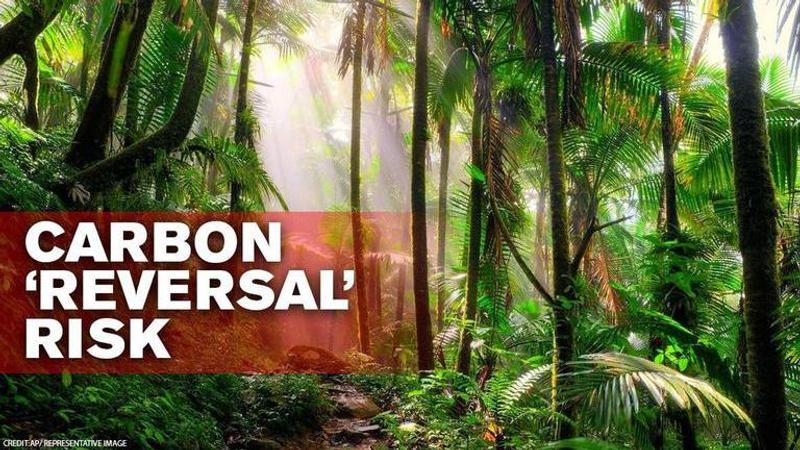Published 11:28 IST, May 24th 2020
Tropical rainforests could turn carbon emitters instead of sinks if temperatures stay high
The tropical rainforests with an important ability to store carbon are under threat and immediate steps need to be taken to conserve them, a study explains

Tropical rainforests, particularly the giant Amazon, are at risk due to the increasing global temperatures. The tropical rainforests with an important ability to store carbon are under threat and immediate steps need to be taken to conserve the forests and stabilise the global climate, researchers said.
According to a study based on research from 600 sites around the world, daily temperature beyond 32.2C makes the trees get too hot and dry, causing them to die and release their stores of carbon. The scientists explained that as temperature rises, the trees may close the pores in their leaves to save water, and this also prevents them from taking in more carbon. When the trees die, they release their stored carbon back into the atmosphere.
During this study, researchers measured the ability of tropical forests in different sites to store carbon as tropical forests hold about 40 per cent of all carbon stored by land plants.
Tropical forests grow across a wide range of climate conditions. During the study, all the forests from the tropics were examined to evaluate their resilience and responses to changes in global temperatures. This study has a unique approach of exploring the implications of thermal conditions currently experienced by all tropical forests said Stuart Davies, director of the Smithsonian‘s Forest Global Earth Observatories, a worldwide network of 70 forest study sites in 27 countries.
Another research team, led by Martin Sullivan from the University of Leeds and Manchester Metropolitan University, found major differences in the amount of carbon stored by tropical forests in South America, Africa, Asia and Australia.
As per the research findings the South American forests store less carbon than forests in Africa, Asia and Europe. This is because of the evolutionary differences in tree species growing there.
The researchers predicted that as temperatures reach 32.2C, carbon is released much faster. Trees can apparently cope with increases in the minimum nighttime temperature, but not with increases in maximum daytime temperature.
They also predict South American forests will be the most affected by global warming because temperatures there are already higher than on other continents and the projections for future warming are also highest for this region.
The study highlights the importance of protecting tropical forests and stabilizing the Earth’s climate. One important tool will be to find novel ways to restore degraded land, like planting tree species that help make tropical forests more resilient to the realities of the 21st century, said Jefferson Hall, co-author and director of the Smithsonian’s Agua Salud project in Panama.
Another international group of academics warned in March that the world’s remaining undisturbed tropical forests may have already begun to switch from being a major carbon sinks, to eventually becoming an overall source of carbon. The researchers warned the impact on greenhouse gases in the atmosphere could be devastating, if carbon sequestration is not continued.
Updated 11:28 IST, May 24th 2020



